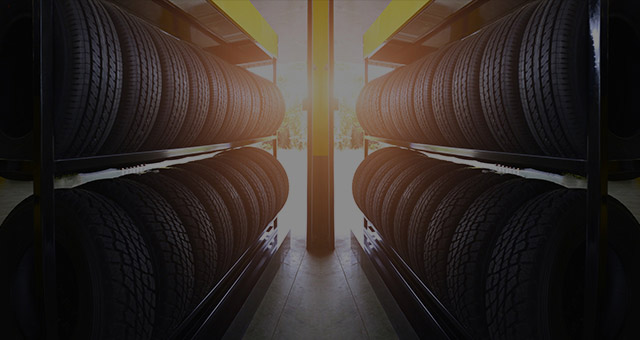Get Professional Tire Solutions at Tire Shop Morris: Fulfillment Ensured
Get Professional Tire Solutions at Tire Shop Morris: Fulfillment Ensured
Blog Article
Tire Solution: Understanding Tire Stress Tracking Equipments
Comprehending Tire Stress Tracking Equipments (TPMS) is a critical aspect of preserving ideal car efficiency and safety on the roadway. With improvements in auto technology, TPMS has actually come to be a basic feature in modern cars, providing real-time information on tire pressure levels.

Significance of TPMS
The importance of Tire Pressure Tracking Equipments (TPMS) hinges on their ability to enhance automobile safety and security and efficiency with real-time monitoring of tire stress degrees. Preserving the appropriate tire pressure is vital for guaranteeing optimal handling, stopping, and total security of a vehicle. TPMS offers chauffeurs with immediate responses on any type of underinflated or overinflated tires, permitting timely changes to be made.
Components of TPMS
Making up different necessary elements, a Tire Pressure Surveillance System (TPMS) operates as a sophisticated safety and security feature in modern automobiles. The major elements of a TPMS include sensors, a control module, and a warning sign. Sensing units are typically located in the tire shutoff stem or connected to the wheel setting up, where they measure tire pressure and transmit data to the control module. If it discovers substantially reduced stress in any of the tires, the control module procedures this information and sets off a warning. The warning indicator, typically a sign on the control panel, signals the vehicle driver to examine the damaged tire or tires. Some progressed TPMS designs likewise show the actual tire pressure readings for every tire, supplying motorists with real-time info to make sure ideal tire performance and safety. By keeping track of tire stress continually, TPMS aids stop mishaps, minimizes tire wear, and boosts gas effectiveness, making it a vital element for vehicle security and performance.
Kinds Of TPMS

On the other hand, indirect TPMS depends on the lorry's wheel speed sensors to keep track of tire stress. This system discovers underinflation by contrasting the rotational rates of the wheels. Indirect TPMS is much less pricey than direct TPMS, as it uses existing sensors within the car.
While straight TPMS uses a lot more exact readings, indirect TPMS is simpler in design and normally needs much less upkeep. Both systems have their constraints and benefits, and the option between them often depends upon variables such as cost, lorry make, and individual choice. Understanding the distinctions in between these 2 kinds of TPMS can aid vehicle proprietors make educated decisions pertaining to tire upkeep and security.
TPMS Maintenance Tips
Conduct routine checks on the tire pressure degrees and contrast them with the TPMS analyses to guarantee they are regular. During tire rotation or replacement, make sure that the TPMS parts are handled thoroughly to stop any kind of possible damages. If the TPMS warning light illuminates on the dashboard, address the issue quickly by inspecting the tire pressures and the general system for any type of faults.
Benefits of Proper Tire Pressure
Preserving correct tire pressure, as click here for info highlighted in TPMS Upkeep Tips, is critical for enjoying the numerous benefits linked with optimal tire pressure degrees. In addition, correct tire pressure makes sure also tire wear, extending the life expectancy of the tires and advertising more secure driving problems. In conclusion, the benefits of appropriate tire stress go past just tire longevity; they include boosted fuel efficiency, improved security, far better car efficiency, and total driving convenience.
Verdict
Finally, comprehending tire stress surveillance systems (TPMS) is important for keeping optimal tire pressure and making sure vehicle safety. By recognizing the value of TPMS, recognizing with its parts, recognizing the different types available, adhering to proper maintenance tips, and realizing the benefits of preserving appropriate tire pressure, chauffeurs can enhance their driving experience and prolong the life expectancy of their tires. Correct tire stress is crucial to effective and risk-free lorry procedure.

Report this page